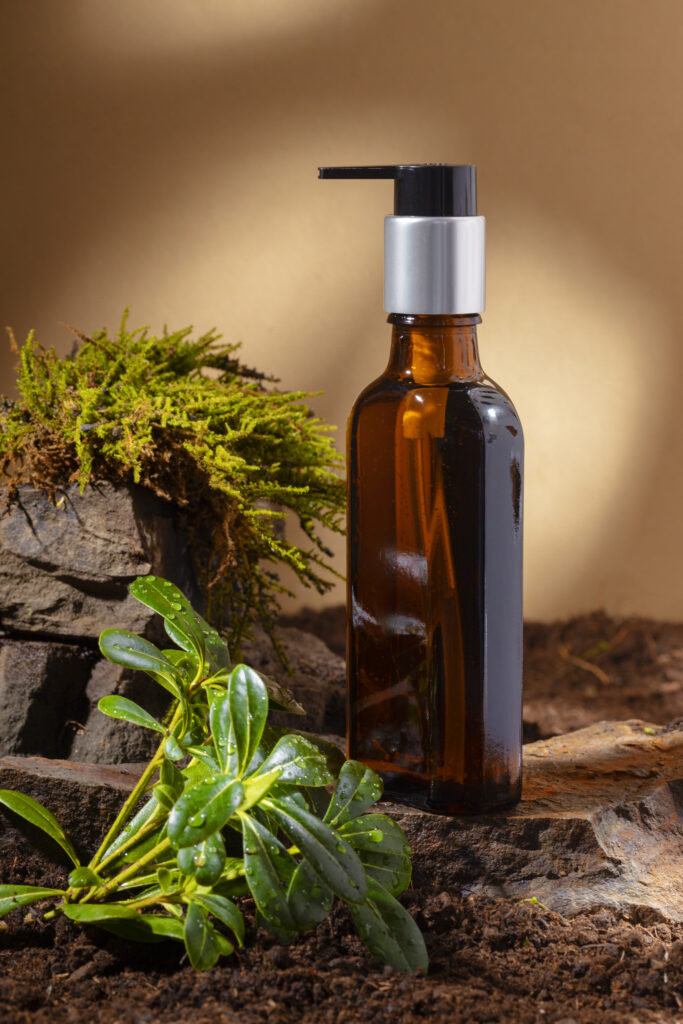What is herbalism and how does it work?
Herbalism is the practice of using plants and plant extracts for medicinal purposes. It involves using herbs to promote health, prevent illness, and support the body’s natural healing processes. Herbs contain compounds that can have various effects on the body, such as anti-inflammatory, antimicrobial, and antioxidant properties.
Are herbal remedies safe to use?
While many herbs are safe when used correctly, they can interact with medications or cause side effects if not used appropriately. It’s important to research herbs thoroughly or consult with a healthcare professional before using them, especially if you’re pregnant, breastfeeding, or on medication.
How do I choose the right herbs for my health concerns?
Selecting the right herbs depends on the specific health issues you’re dealing with. Some herbs may be more effective for stress, others for digestive issues, and others for immune support. Consulting a trained herbalist or naturopathic doctor can help guide your choices, but common herbs like ginger, chamomile, and turmeric are popular for general health support.
SWhat’s the difference between an herbalist and a naturopath?
An herbalist specializes in the use of plants and herbs for healing, while a naturopathic doctor (ND) has a broader training in natural medicine, which can include herbs, nutrition, acupuncture, and other alternative therapies. An herbalist usually focuses specifically on plant-based remedies.
Can herbalism replace conventional medicine?
While herbalism can support overall wellness and help manage certain health issues, it is not a substitute for conventional medicine in serious or life-threatening conditions. Many people use herbal remedies alongside traditional treatments for holistic health. Always consult a healthcare provider for serious medical conditions.






